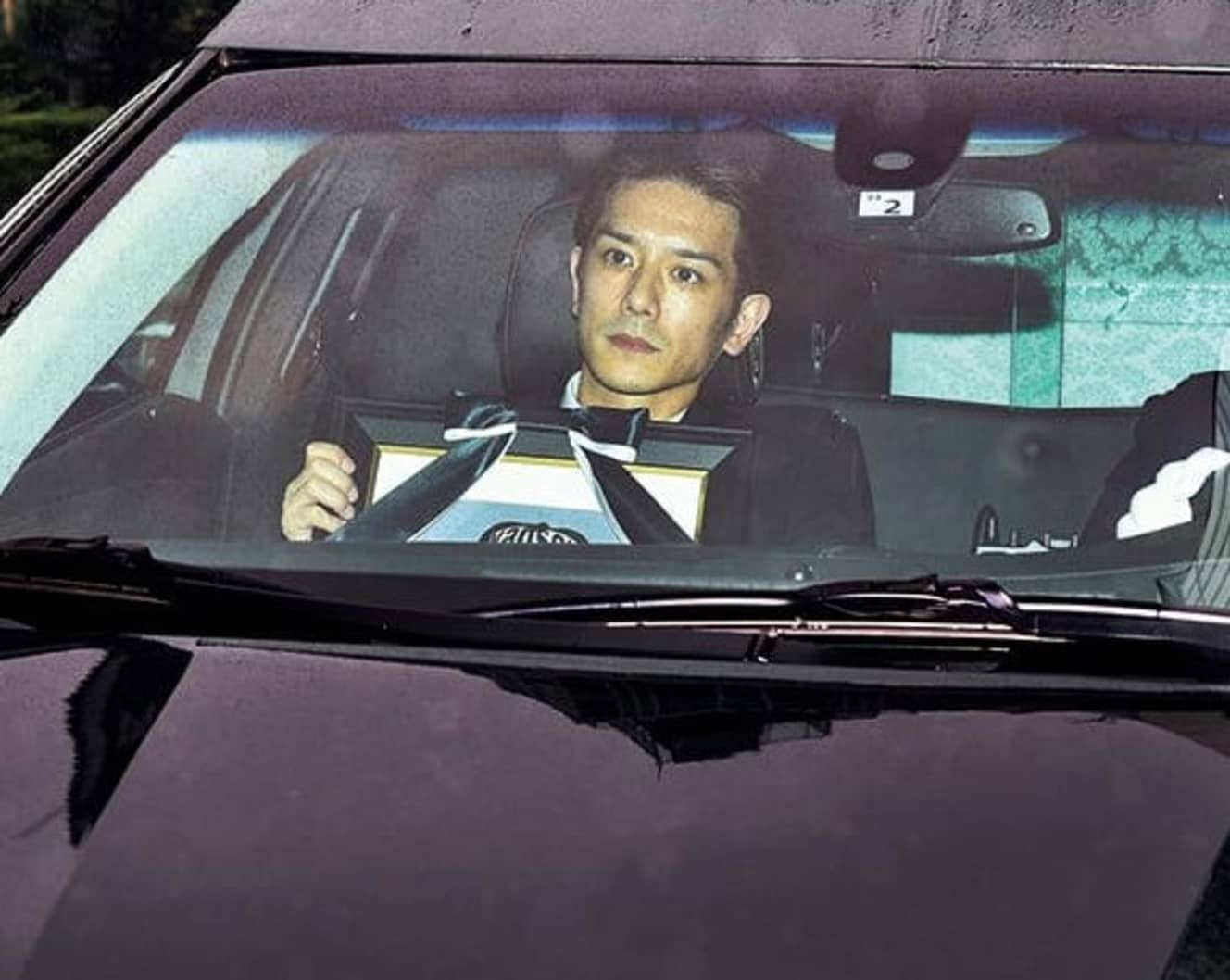Exclusive Interview] Reporter for BBC’s “Janney Kitagawa’s Accusation Program” Talks about “Four Years of Battle
Many people who watch this documentary will find it quite disturbing, but I think it can be a catalyst for discussion and change in society as a whole. But I think it can be a catalyst for discussion and change in society as a whole.
This is the story of Mobine Azar, a reporter for the British public broadcaster BBC. He is the journalist who covered the documentary “Predator: The Secret Scandal of J-Pop,” which aired on March 7 (local time).
A version with Japanese subtitles will be broadcast on BBC World News on March 18 at 18:10. Prior to the broadcast, Mr. Azar told this magazine, “I am delighted to be able to broadcast it in Japan.
There has been a great response in the UK. I can’t give you specific ratings, but it has been in the top three in the ‘trending programs’ ranking on the official website since immediately after it aired. I was also happy to see the positive reaction to the program on social networking sites in Japan, where the program was generally well received.
The program is scheduled to be distributed to countries outside of Japan, and will be available to subscribers to the video service in any country. He said that some changes were made to the content of the program in preparation for its worldwide broadcast.
They have removed some scenes and the program has been shortened by a few minutes,” he said. We cannot say specifically which scenes were removed. However, in the full version reported in the UK, there is a warning at the beginning that there are ‘graphic (gory) depictions. We decided that it would not be appropriate to include such a harsh and offensive description in a story that would be broadcast to the world, so we cut it out.

This program is expected to have a great impact not only in Japan but also around the world. The program delves into the allegations of sexual assault made by the first president of Johnny’s, Mr. Kitagawa (87 years old), as reported by the Weekly Bunshun in 1999, and interviews several former Johnny’s Jr. and reporters.
The idea for the project came up four years ago. The idea came to me four years ago when I heard about Kitagawa’s trial from the reporters of the Shukan Bunshun magazine, who also appear in the program. Both the BBC and I were curious as to why this report was not being talked about. We continued to do careful research, and in August and September of ’22, I actually visited Japan to cover the story. If Corona had not happened, I think we would have been able to bring the project to fruition a little earlier.
From the very beginning, the interviews were a series of difficulties.
From the very beginning of our research, we had a hunch that the project was going to be difficult. We contacted Johnny’s several times, but they did not respond at all. They didn’t even respond, saying, ‘We can’t answer your questions. They completely ignored us.
So we switched to contacting the victims. Through research, we found that certain unofficial websites created by fans were credible, and we used Facebook, Instagram, and other social networking sites to cross-reference, identify victims, and make appointments. Finding people willing to be interviewed was very difficult. We attacked many times as many victims who appeared on the program. That said, I would like to thank once again those who agreed to be interviewed for their courage.”
Even after arriving in Japan, the interviews did not go smoothly. The most perplexing of all was the response from the fans.
It was obvious that the people at the office were not going to tell us anything, so we tried to find our way through the testimonies of the fans,” he said. However, when we were about to mention important testimonies, they all shut their mouths, saying, ‘We don’t want to offend Johnny’s.’ It was like a religion. It was like a religion. I wondered if they were controlling even the fans. That is what surprised me the most.

Despite numerous obstacles, the BBC team was able to get to the heart of the matter. After four years of careful research, the BBC finally broadcast the film.
After completing all the interviews, I left Japan with a sense of accomplishment, but the biggest thing was a sense of fatigue. But the biggest thing was the feeling of exhaustion. The interviews were a series of shocking experiences. Some of the victims choked on their words and were unable to answer. I feel a strong sense of discomfort that Mr. Kitagawa is still treated as a hero today. Unless his reputation is changed, the wounds of those who were exploited by him will never heal. This is something that needs to change now.
When asked about the significance of this documentary, Mr. Azar paused for a moment, and then stated, “This program is a critique of Japanese society.
This program is not a criticism of Japanese society. I myself have visited Japan on vacation, and I love the Japanese culture and people. So this program is not a criticism of Japanese culture, but of the ‘culture of silence’ in the Japanese entertainment industry. I hope that the right stories will be spread and society will change for the better.
Is there going to be a second installment?” Azar replied, “Of course there is a possibility. But first, let’s see how the world reacts,” he said. How will Mr. Azar change the world with the stone that the BBC has thrown?
PHOTO.: Afro (2nd), Takero Yui (3rd)
